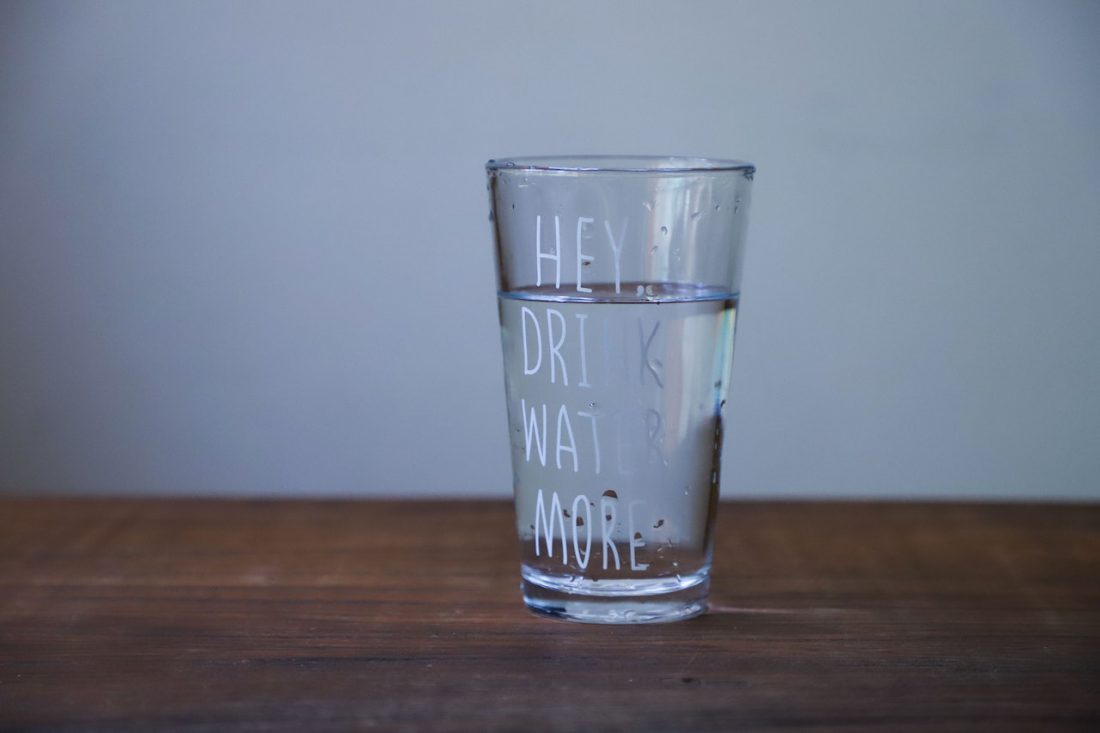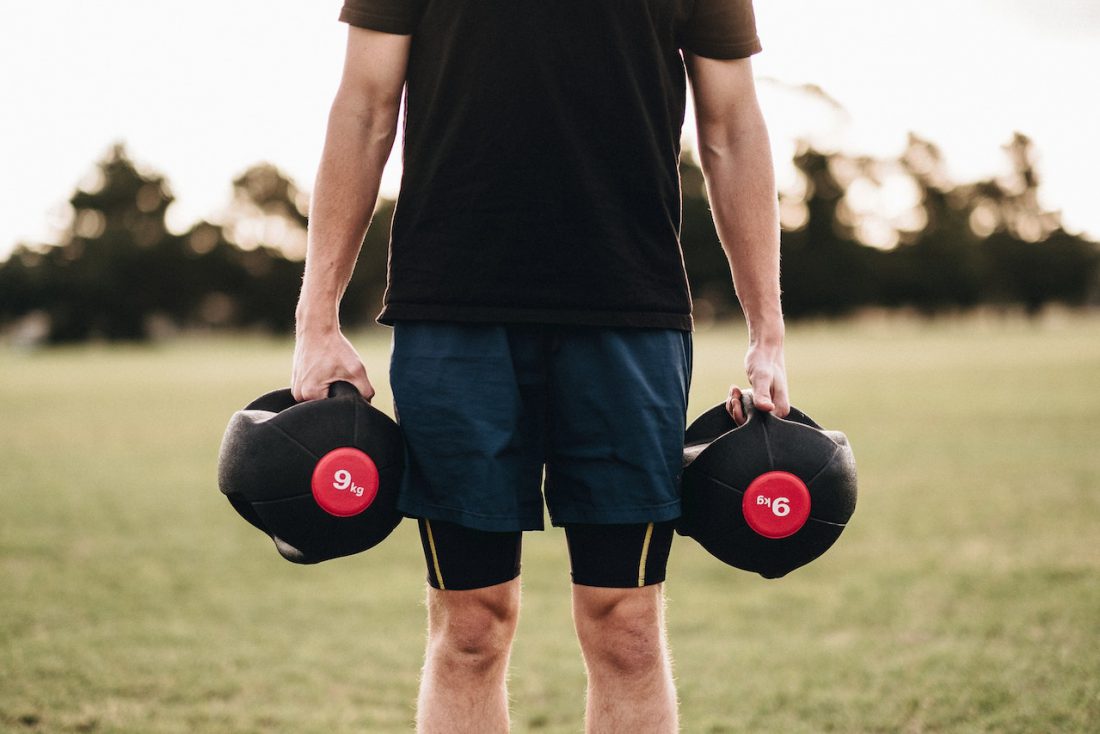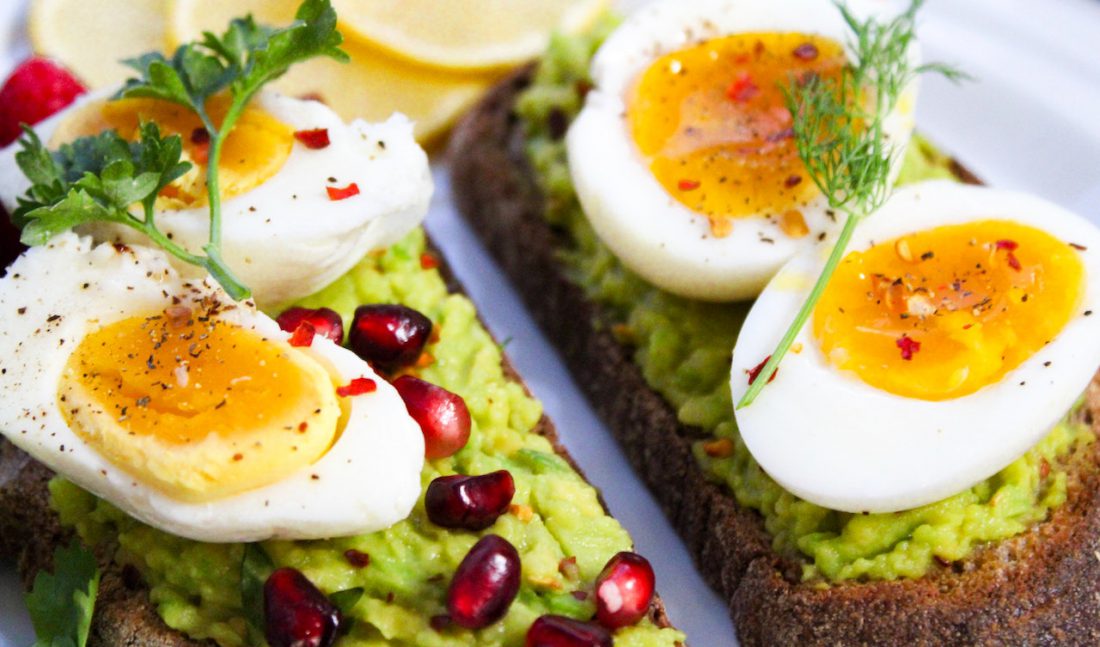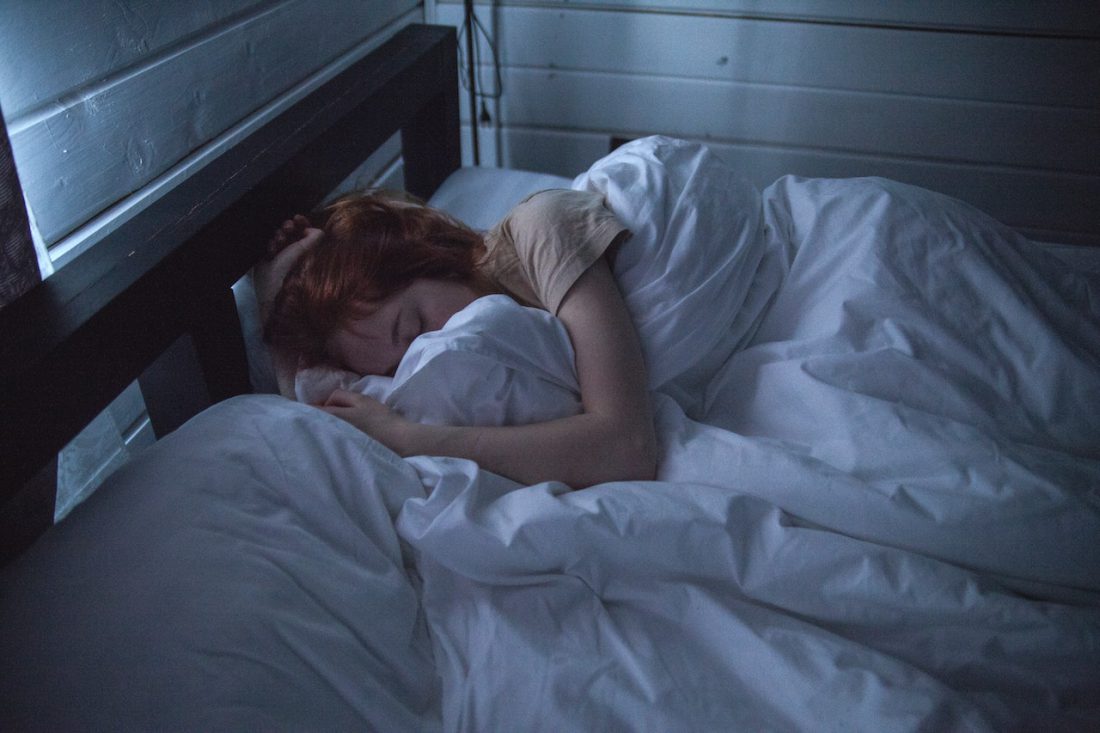We’ve got 10 wellbeing steps to live and die by.
But the good news is they’ll keep you from dying and will make your time living a whole lot better. The question is though, are young Australians following these simple steps?
When we asked them how they were really doing for our Gen Z Wellbeing Check report, we found a lot of them weren’t. From a list of 10 key wellbeing indicators, we asked them to select which ones they felt they did to an adequate level. For each indicator, on average only about half of respondents said they did them, meaning at least half of young people aren’t doing them as well.
And a lot of this stuff is pretty basic, showing how most young people have at least a few gaps in their day to day habits which they can improve on.
So what are they and what impact can they have on improving wellbeing? Below we’ve ranked them from highest to lowest in how many young people are sticking to them.

- Drink more water – 64%
We found drinking enough water to be the most adhered to of all the key wellbeing indicators, with 64% of Gen Zs saying they consume enough H2O. But this still means over a third (36%) are saying they don’t drink enough water. The side effects of not drinking enough water can be pretty serious – chronic dehydration not only causes headaches and dry skin, but also a weakened immune system and fatigue.
- Spend more time outdoors – 58%
Over half (58%) of young Australians say they spend enough time outdoors. Not having enough time outdoors can result in lower levels of vitamin C leading to lower bone density, reduce the ability of young people to cope with stress, and increase the risk of depression. Might parents saying to go outside and play have been right all along?
- Connect more with family – 58%
The same percentage (58%) of Gen Zs say they spend enough time connecting with family. Studies show some meaningful quality time with the fam improves mental health, boosts self-confidence, lowers the risk of behavioural problems, promotes adaptability and resilience and even enhances physical health. So who’s keen for a game of monopoly?

- Be more physically active – 53%
Meanwhile, despite their reputation as Generation fit, just over half (53%) of young Australians reckon they’re physically active enough. This means 47% of Gen Zs feel they aren’t getting enough exercise to maintain wellbeing, which can have a negative impact on brain and bone health, increase risk of mental health problems or and disrupt healthy sleeping patterns.
- Connect more with friends – 52%
Approximately half (52%) of Gen Zs say they have enough time with their friends, meaning unfortunately close to half are feeling a gap in their friendships. Not getting enough time with your mates – IRL or online – can result in a decreased sense of belonging and purpose, reduced happiness, increased stress, and decreased ability to cope with trauma.

- Eat more healthy food – 52%
Surprisingly, just 52% of young Australians admitted to eating enough healthy food during our Gen Z Wellbeing Check report – despite Gen Z’s reputation as a more health-focused generation than their predecessors.
- Have (and commit to) a hobby – 48%
Less than half (48%) of Gen Zs are committed to a hobby of some sort – which means they’re missing out on the myriad of health benefits associated with having a hobby, such as better physical health, more sleep, lower stress, more social connections, and increased happiness.

- Get enough sleep – 45%
Shock, horror – just 45% of Gen Zs say they’re getting enough sleep. This might be a trend as old as time itself, but it’s really worth getting on top of as the wellbeing benefits of getting enough sleep are extensive, including: stronger immune systems, improved mood, reduced stress, better concentration, and also lowers the risk for serious health problems like heart disease and diabetes.
- Find your purpose – 37%
Perhaps the most underrated or most difficult to comprehend of wellbeing indicators is having a purpose, which only 37% of Gen Zs say they felt they have. Enjoying a purpose-driven life, where you aim to achieve something for the greater good of the world around you, has a profound impact on wellbeing, making people more psychologically resilient, increasing longevity, and promoting physical and mental health.
- Engage in some volunteer/charity work – 20%
As the old saying goes: to feel good, do good. Undertaking volunteering or charity work like one in five young (20%) young Aussies do can have a positive impact not only on the community but on an individual’s personal wellbeing – from promoting self-confidence and self-esteem to increasing life satisfaction. Sign us up!






